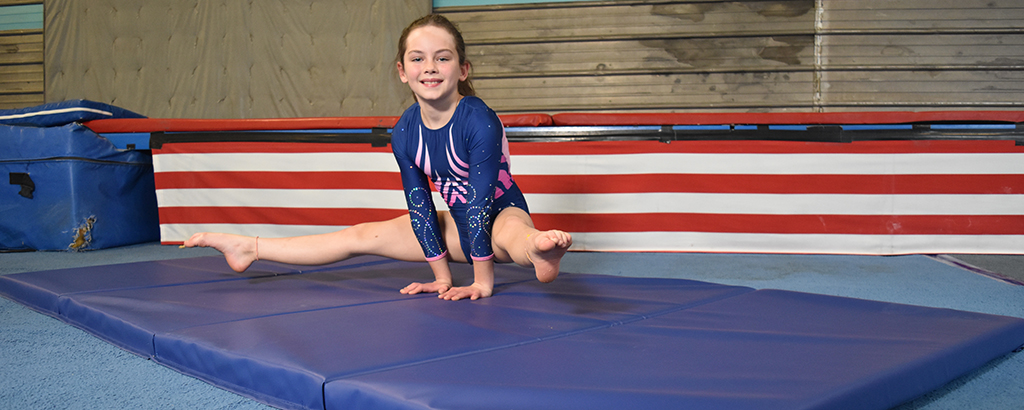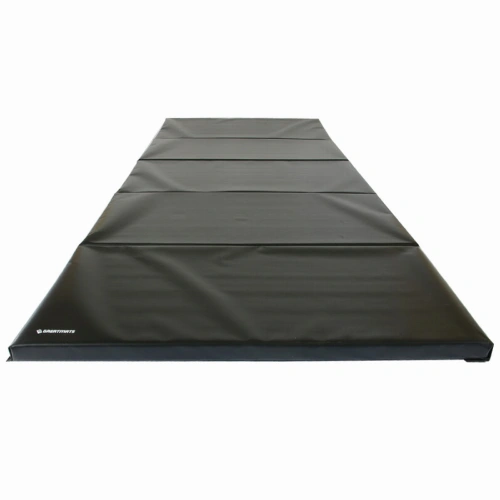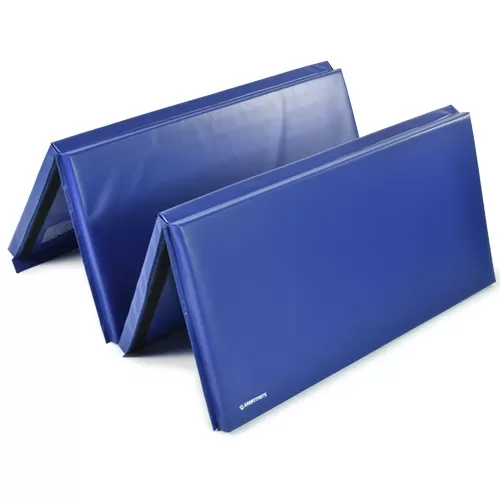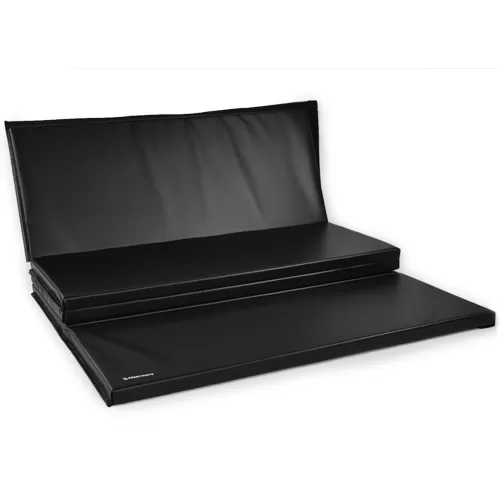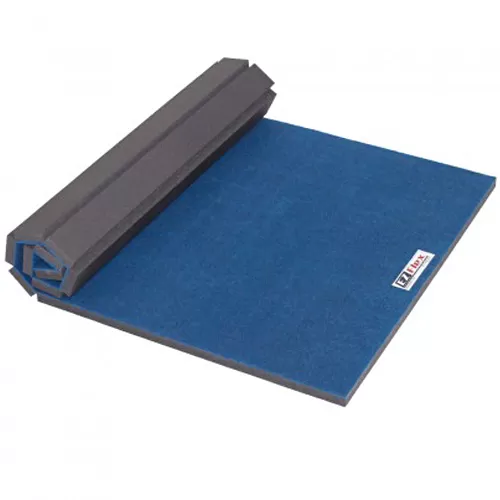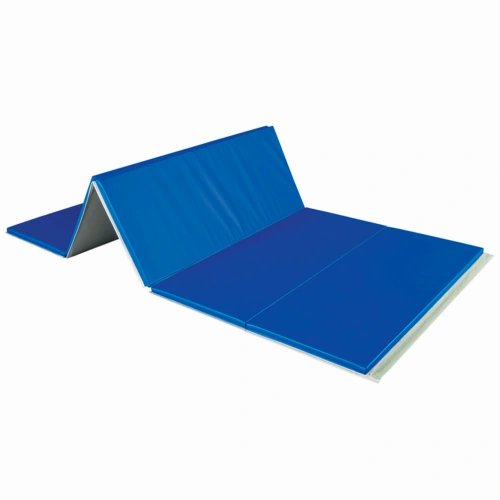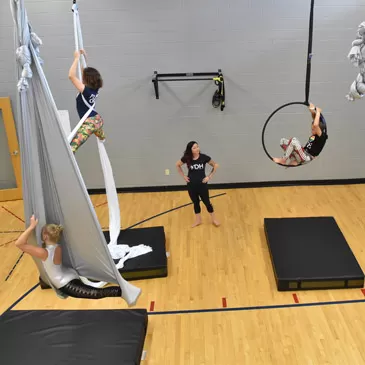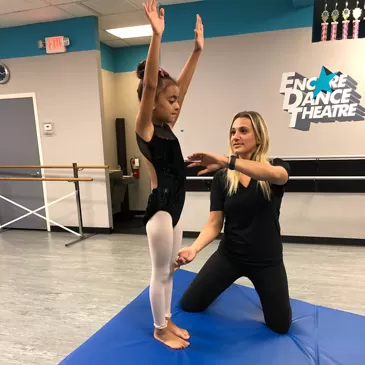Gymnastics mats give athletes a safe way to practice new skills in the sport. Kids starting out with gymnastics may need incline, wedge, and cheese mats. Older children may need a crash mat, a folding panel foam mat, or a long track of foam for a tumbler. These thick mats give the gymnast a safer place to land than the bare floor of the studio.
Article Library
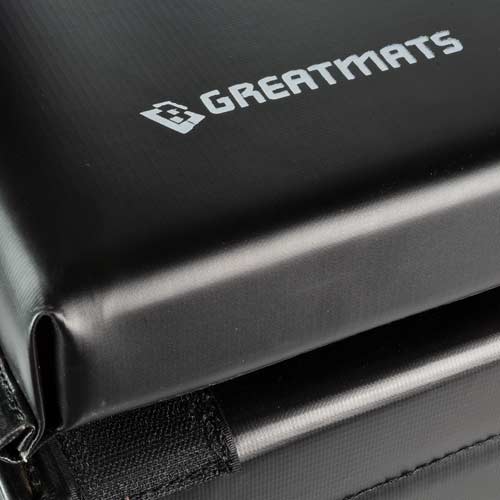

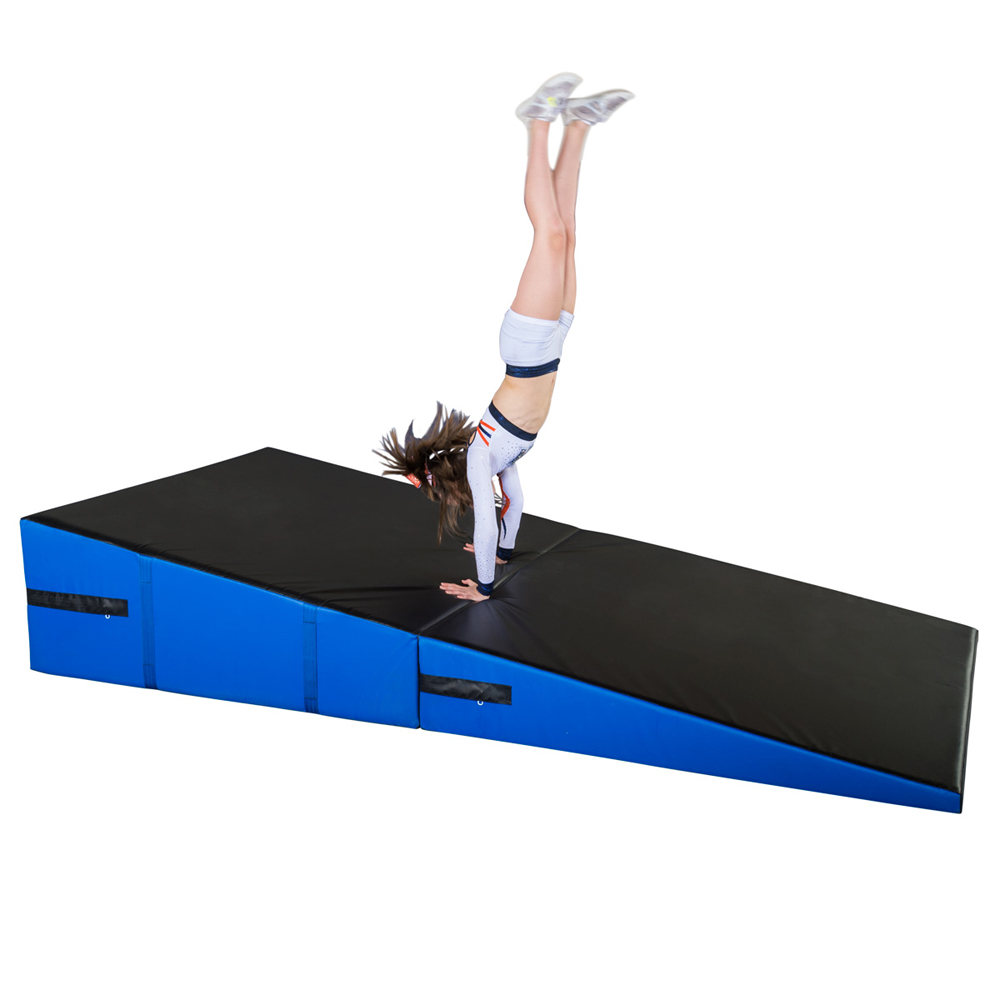
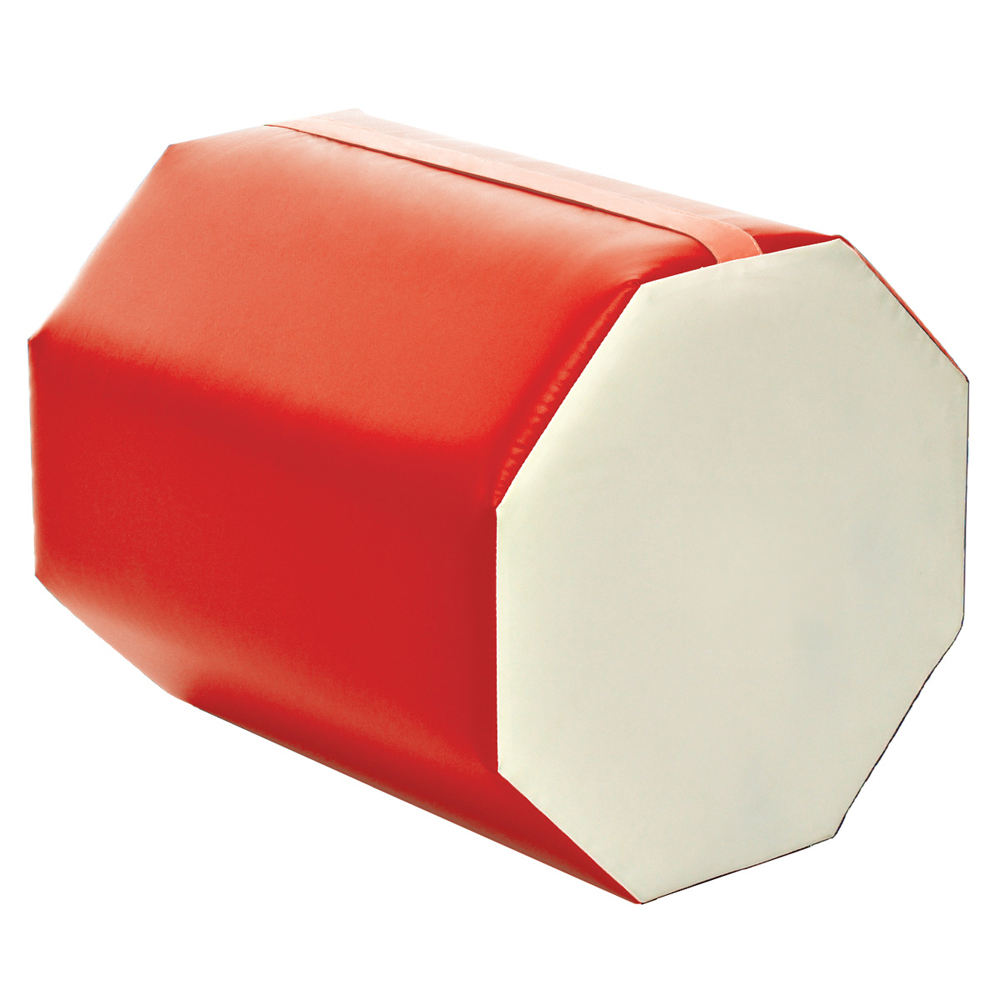
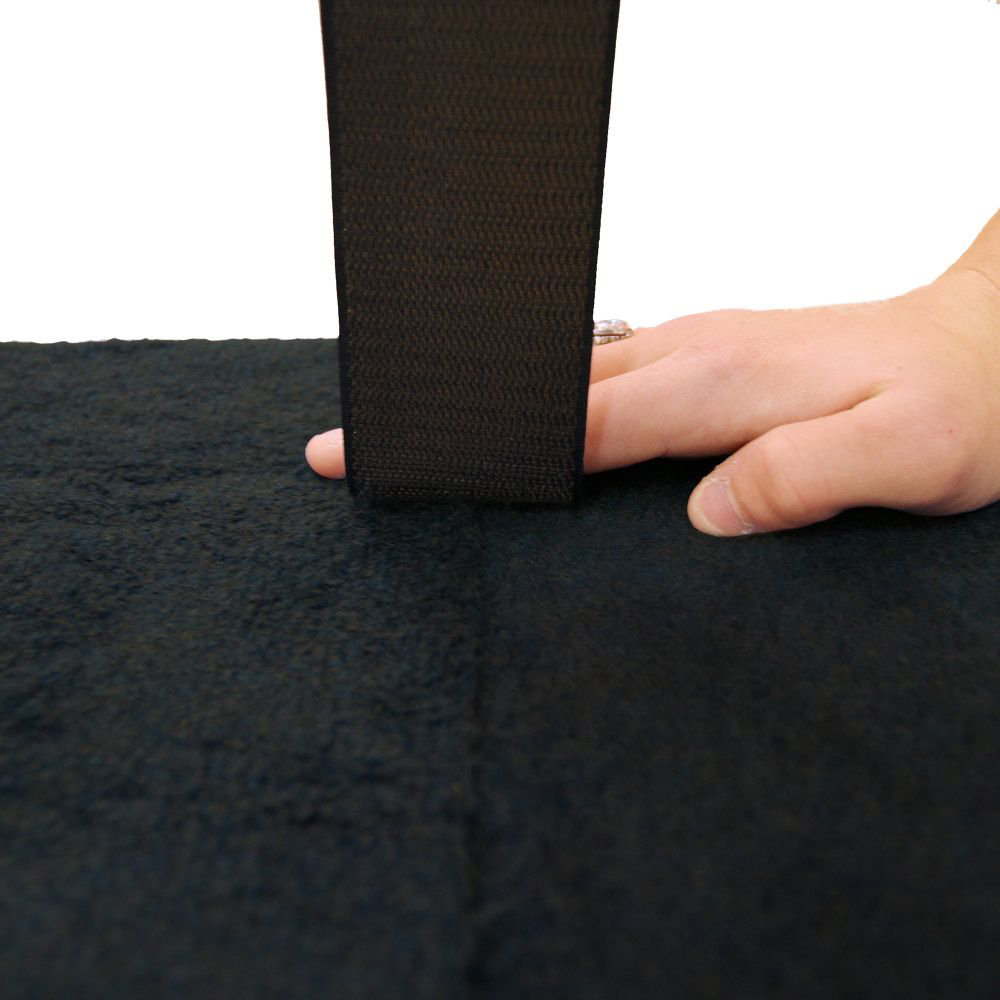
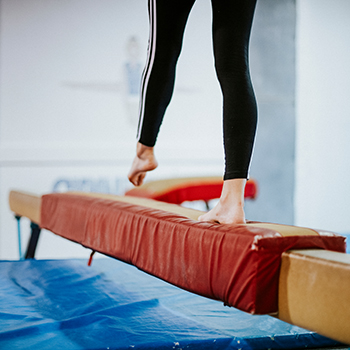
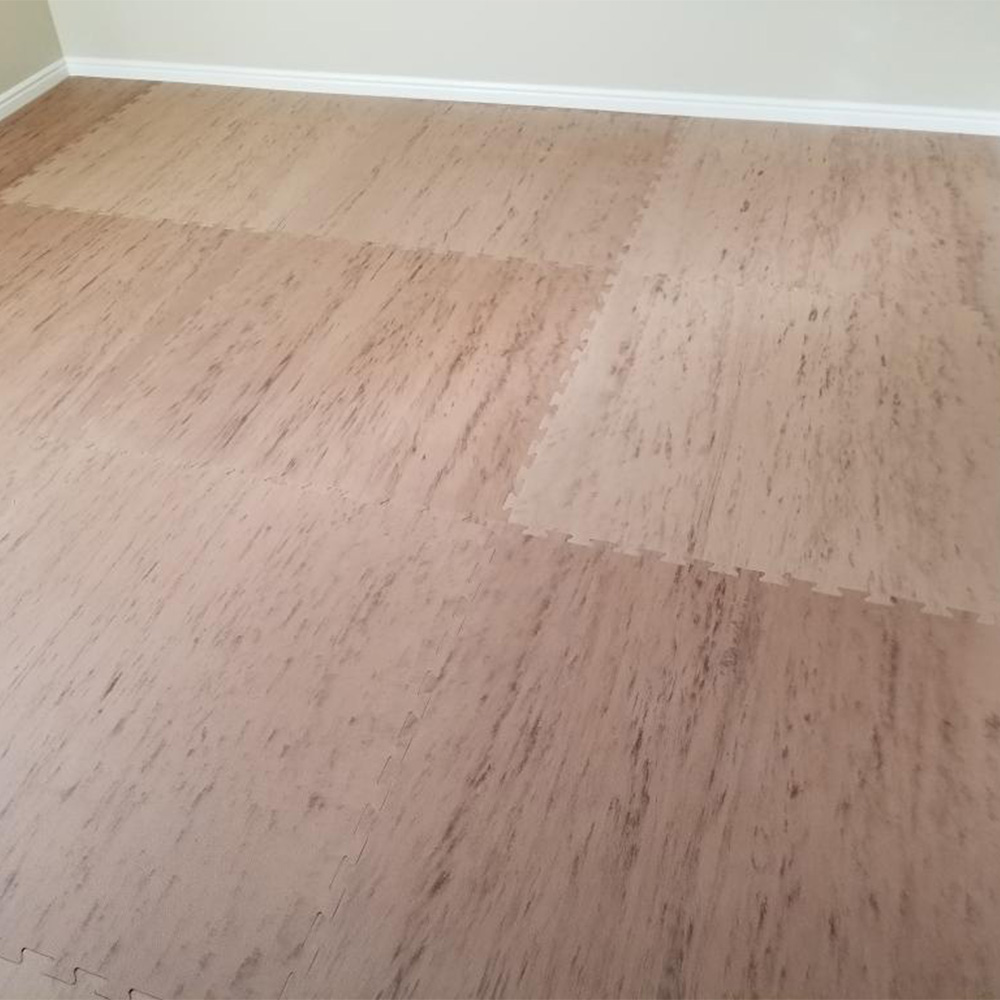
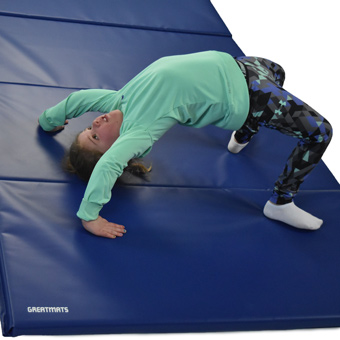
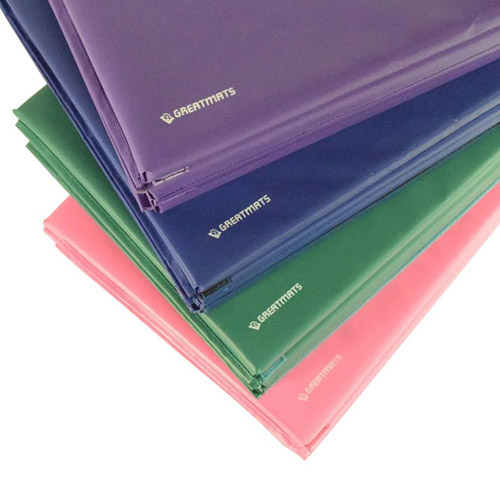
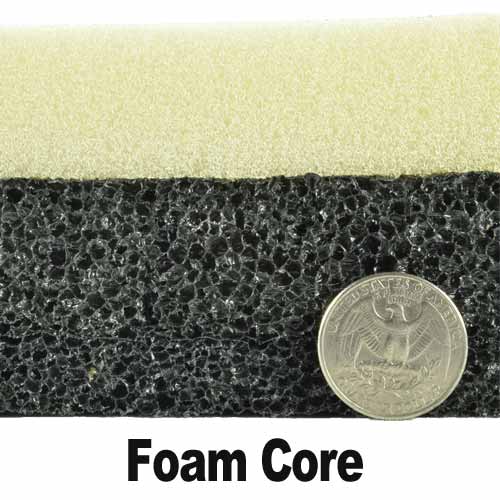
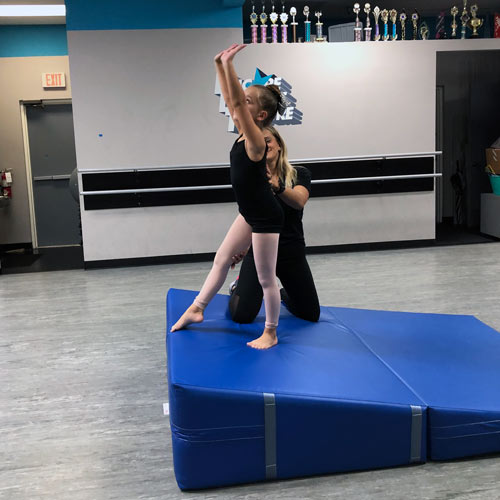
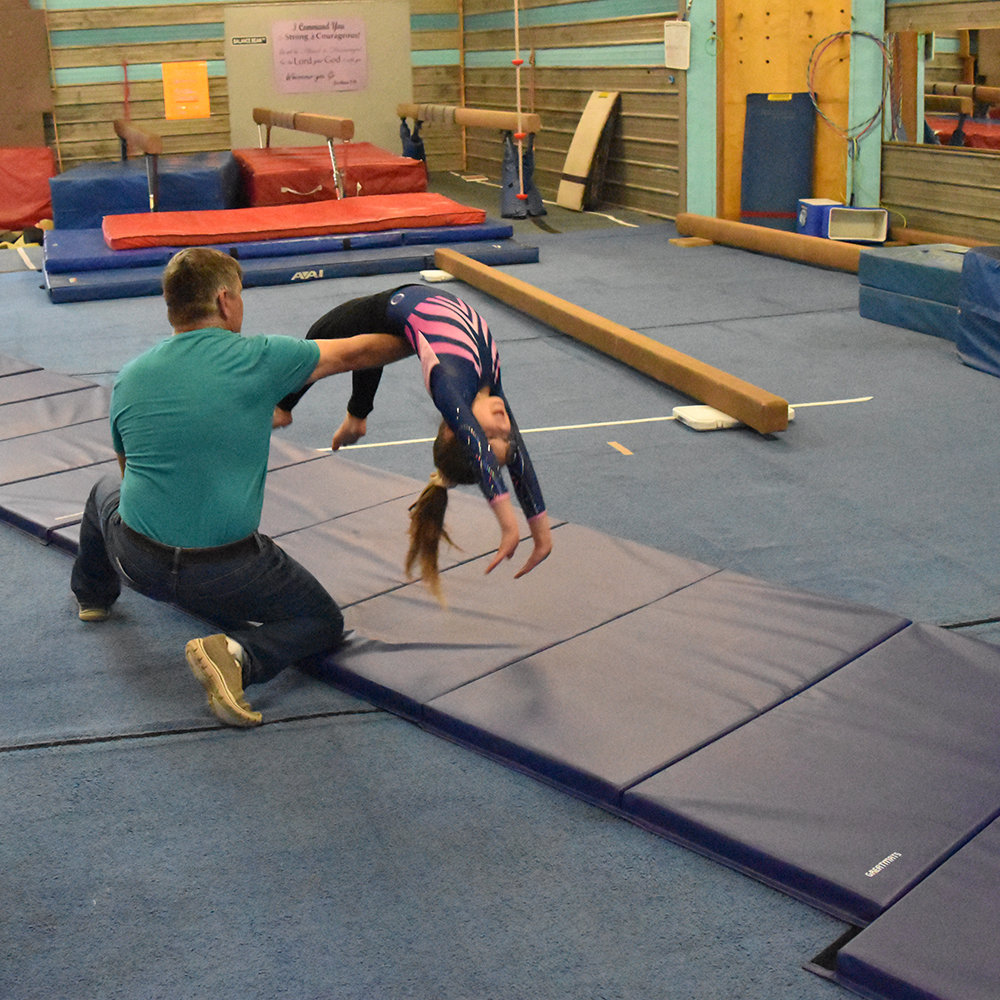
Video Library












Ideas Before You Buy Gymnastics Mats
Tips & considerations for purchasing gymnastics mats:
The following blogs offer tips on what aspects to look for in gymnastics mats before making a purchase. Wherever you plan to use this flooring, these are all important things to learn before making your final decision.- Find out how to install, maintain, and store Flexi-Connect cheer mats. Learn More: Are Gymnastics Mats Waterproof?
- Discover what type of mat should be used to create a safe space for practicing flips at home or at a gymnastics facility. Learn More: What Type of Mat Should I Use for Practicing Flips?
- Learn about folding mat sizes and how big the large gymnastics mats are. Learn More: How Large Do Folding Mats Get?
Top 10 Questions About Gymnastics Mats
Below are the most popular questions we've received about gymnastics mats. Click the question to get a detailed answer and explanation on these topics.- How Do You Clean Gymnastics Mats? Most gymnastics mats are not waterproof, so do not soak them in water. Instead, place some cleaning solution on a rag and wipe the surface of the mats whenever needed.
- What Are Gymnastics Mats Made of? A gymnastic mat gives athletes cushioning when landing after doing skills. Most of these mats have a high-impact foam core for absorbing shock, along with a vinyl cover to protect the foam.
- How Thick Should a Gymnastic Mat Be? Thicker mats have a high level of cushioning with padding measuring a few inches or more, yielding safe landing spaces. Thinner mats, usually measuring 1 to 2 inches in thickness, offer less cushioning but provide more firmness for generating leverage.
- What Size Mat Should I Use for Gymnastics? Younger gymnasts are able to use smaller mats than older gymnasts because they aren’t doing skills that require as much space. If you will be using these mats in the home for practice, having smaller mats or mats that fold up for easy storage represents a good choice.
- What Are the Best Aerial Mats for Aerial Arts and Gymnastics? When athletes will be flying far above the ground while working on gymnastics skills or aerial arts, having a crash mat is a smart idea. Such mats have several inches of padding that absorb the impact of a gymnast landing with quite a bit of force.
- How Thick Should Cheer Mats Be Versus Gymnast Mats? Cheerleaders need thinner mats that provide a sure footing but that also provide cushioning when landing tumbling passes. Gymnasts practicing skills often can use thicker mats for a more cushioned landing. Both athletes can use crash mats for practice.
- What Style of Flooring Is Best for Home Gymnastics Practice? When gymnasts need a firmer floor for a sure footing, EVA foam tiles work nicely. When working on tumbling or other flying skills, a thicker padded mat is important, such as a roll-out foam mat or a fold-up foam mat.
- What Are the Best Mats for Rhythmic Gymnastics? Mats with a thickness of between 1 and 2 inches tend to work best for rhythmic gymnastics, as they offer a good mixture of cushioning and a sure footing. Cushioned mats help with safety as athletes practice landings, while firmer mats help with a sure footing for leverage.
- What Are the Top 5 Gymnastics Mats on a Budget? Inexpensive gymnastics mats can still provide a high level of performance and durability for gymnasts. Mats measuring between 1 and 2 inches in thickness will be the least expensive while still providing a useful level of cushioning for practicing skills.
- What Is a Typical Cost for Gymnastic Mats? Specialty mats for gymnastics athletes, like octagon, crash, and incline mats, typically cost a few hundred dollars apiece. Folding mats for gymnasts can cost up to $200 apiece.
Best Gymnastics Mats Products
2-Inch Gym Mats
Our 2-Inch Gym Mats have a fold-up design that makes it easy to create a convenient storage size for use at home or at a studio. These mats fold out for a 4-by-10-foot coverage size while offering 2 inches of thickness in the foam for safety and cushioning.
Fold Up Gymnastics Mats
Our 4x8 Fold-up Gymnastics Mats offer a convenient design for storing the mats after practice while also providing a large space for workouts. These mats fold out to a 4-by-8-foot size for usage, and they measure 2 inches in thickness.
Large Fold-Out Gym Mats
Use our Large Fold-Out Gym Mats for either gymnastics or martial arts, as these mats fold out to a large coverage size of 5 by 10 feet with 2 inches of thickness. These mats have five foldable sections, which helps with storage at home or at the studio.
Roll-up Home Cheer Mats
Our Roll-up Home Cheer Mat creates a size of roll that’s easily portable for practice sessions at home or at the studio. Each mat unrolls to a coverage size of 5 by 10 feet, while offering 1-3/8 inches of foam attached to the bottom of the durable carpet top layer that yields maximum traction.
Folding Gymnastics Mats
A convenient fold-up design highlights our Folding Gymnastics Mat, which creates a convenient size for practicing almost anywhere. Each of these mats has a 4-by-8-foot coverage size when unfolded, while consisting of 1-1/2 inches of thick foam for cushioning.
Gymnastics Mat Customer Installations
Discover Happy Aerial Arts and Pilates
After choosing to add an aerial arts program at Discover Happy Aerial Arts and Pilates, owner Amanda Rhine needed a crash pad for maximum cushioning. She selected our 4-by-6-foot crash pad with 8 inches of thickness to give athletes maximum safety in case of a fall from height.
Aerial Gymnastics: Safety Crash Mats
Encore Dance Theatre
At Encore Dance Theatre, instructors were looking for a large cheese mat to help dancers improve their strength training. These mats aided in working on forward rolls, handsprings, and walkovers, all of which helped dancers gain strength for different styles of dance.
Dance Company and Strength Training: Interlocking Wedge Mats
Gymnastics Mat Installation & Maintenance Videos
What Size Octagon Tumbler Do You Need?
How to choose folding gym mats - Comparing Gymnastics Panel Mats
Gymnastics Mat Considerations
